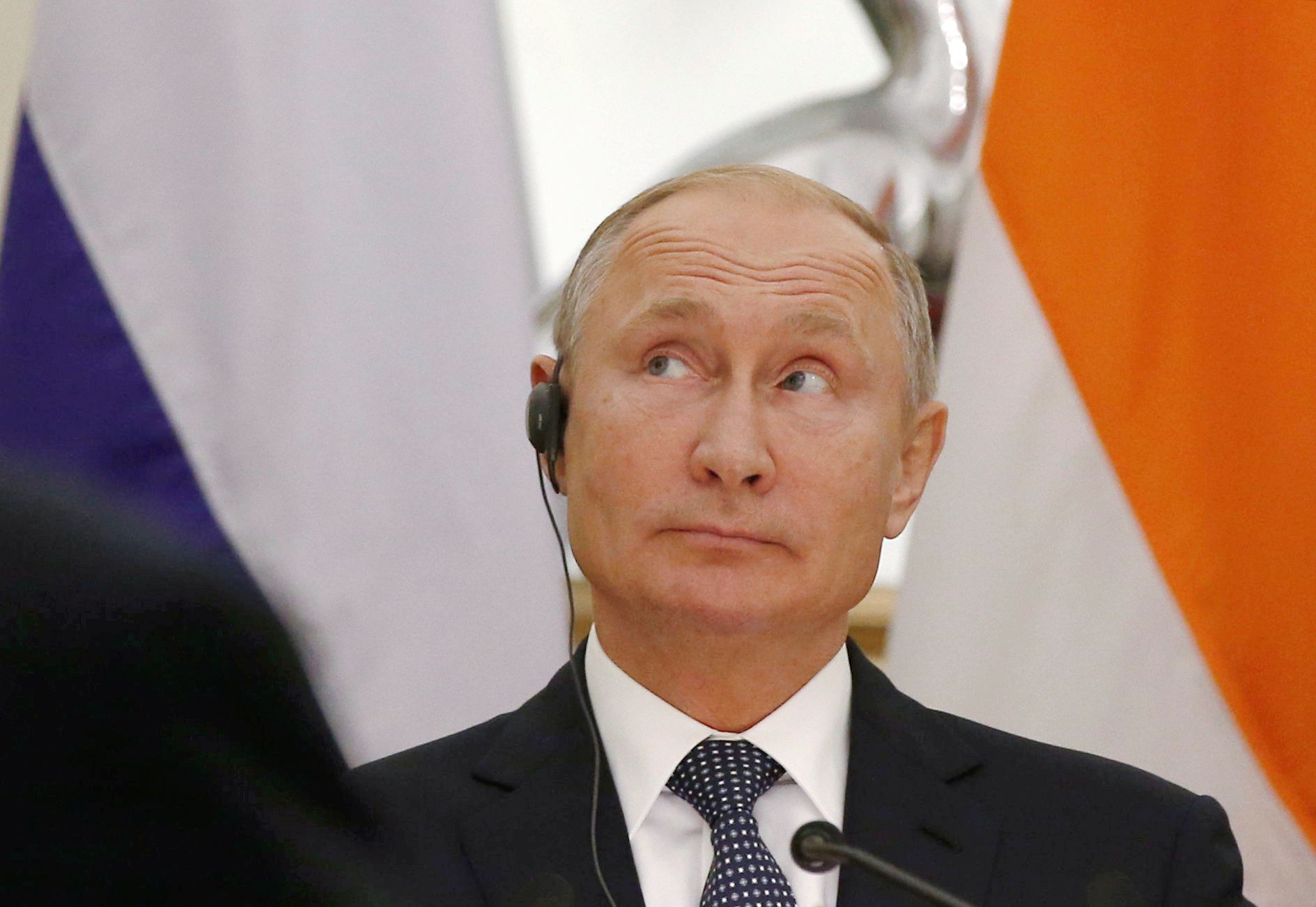What Would It Take for Putin to Stop the War?
It’s a question few seem to be asking.
by Paul Rogers
23 March 2022

The war in Ukraine is at a stalemate but not stagnant. Bitter fighting continues while Russia has moved from a war of manoeuvre to one of attrition. With the war but not the violence slowing down, the question is: under what circumstances would Vladimir Putin accept a peace deal?
The question may be unanswerable, because Putin himself doesn’t seem to have decided. It is, however, possible to understand the main factors influencing his thinking. The place to start is with his original plans and how they came unstuck.
Putin’s original plan was to take control of Ukrainian airspace, extend occupied Crimea to the eastern Donbas region and, at the core of the plan, launch a lightning strike to take Kyiv and depose Volodymyr Zelensky. The latter required a major airborne assault, but met unexpectedly determined opposition from the Ukrainian army and the whole plan fell apart. By the fourth day, a reportedly furious Putin issued his grim warning of nuclear escalation if NATO interfered further.
The three weeks since then have seen the move to a war of attrition with two main aims. One is to sap the will of the Ukrainian people through such persistent destruction and loss of life that the government will accept a peace deal acceptable to Putin. The other is to cause such a massive refugee problem for NATO that tensions within the alliance will lead it to accept such a deal.
The thinking behind Putin’s plan is by this point well-known. The Russian president had originally envisioned Ukraine as a client state along with Belorussia, with Russia at the centre of a Eurasian civilisation with its heartland and rimland. This extraordinary neo-fascist vision extends back many decades to discussions among White Russian exiles in Stalin’s time; Russian political analyst Alexander Dugan is Putin’s current guru of choice.
As the war extends into its second month, that vision is gone. Ukrainian forces are under pressure but morale remains high, and there is a veritable flood of short-range defensive weapons pouring across the border. NATO will not provide longer-range offensive weapons for fear of inciting a Russian nuclear threat, but it is providing the Ukrainian military with real-time intelligence on Russian movements probably superior to that available to the Russian military itself.
Meanwhile, Russia is experiencing mounting casualties, approaching 10,000 killed and at least 20,000 wounded in just four weeks. Most of its forces appear to have been poorly trained, and there is a serious morale problem. The knock-on effects of this on the wider mood within Russia will accumulate, much as they did in the mid-1980s in Afghanistan.
Were he any other leader, Putin would be desperate to negotiate a peace deal – bearing in mind that his domestic media control is such that even a limited result could be presented as a victory. So why is he still so determined to pursue this war? There is no single satisfactory explanation, though there are several pointers.
First, Putin still retains support from Beijing, which is crucial given the weakness of the Russian economy and the extent of sanctions against it. Putin’s Eurasia may have Russia at its centre, but it is China that can currently call the shots.
Second, Putin knows that a climate of fear pervades Russia – a fear rooted in economic uncertainty. Among his supporters, a strong Putin government is widely seen as essential not only for military safety but for economic security. For the many Russians who oppose the war, their fear is exacerbated by the danger of dissent.
Third, Putin has successfully deterred NATO from direct involvement.
Finally, Putin’s 22 years in power have led to absolute corruption, aided by the obscene accumulation of wealth by him and his supporters, ably supported by the world capital of dirty money, the City of London.
Some responses to the war are straightforward: sustained engagement with China; more economic support for Ukraine, including debt cancellation; far more help for refugees, especially in western Europe; and a full clean-up of the dirty finance swilling around London and Westminster.
The final factor is beyond our reach: will Putin still cling to his warped vision of a Greater Russia, or face up to the reality of failure and negotiate?
Paul Rogers is Emeritus Professor of Peace Studies at the University of Bradford.


